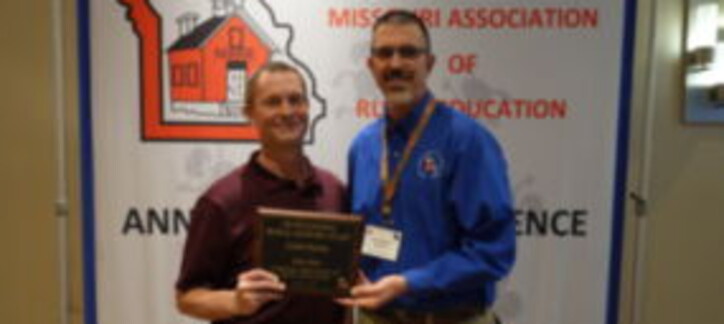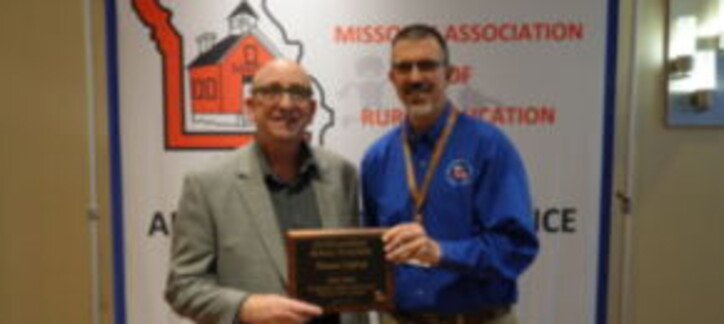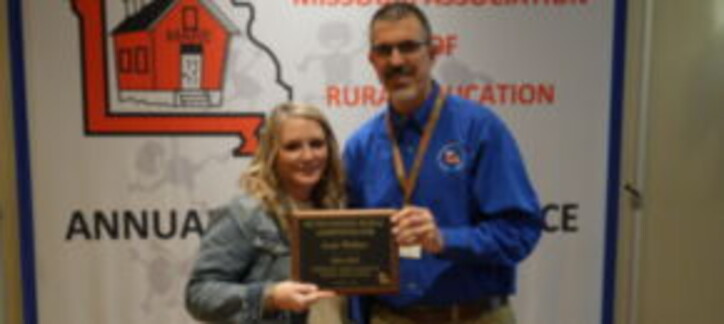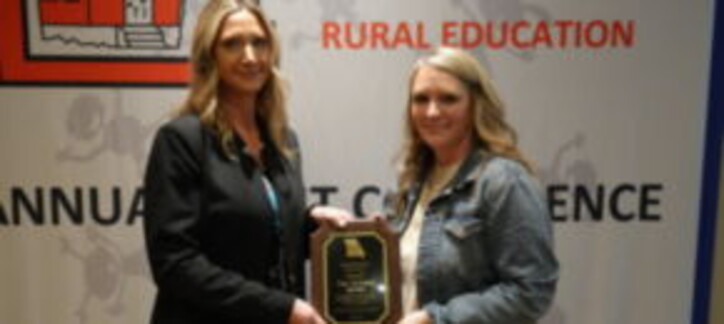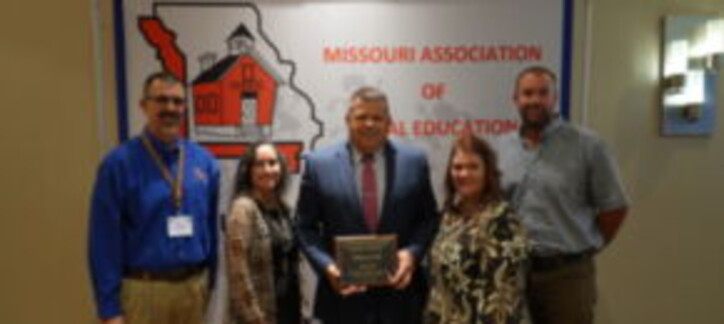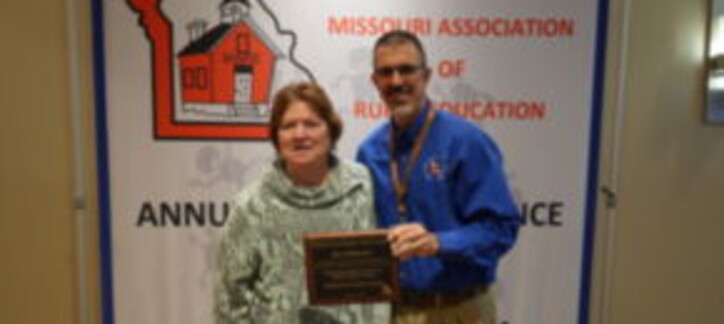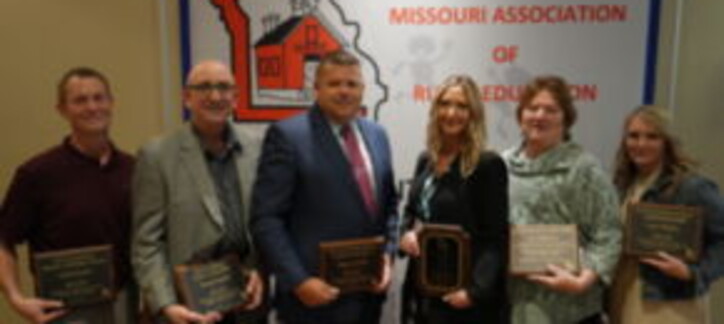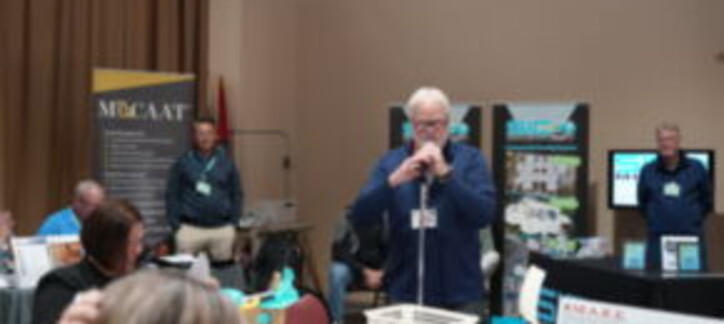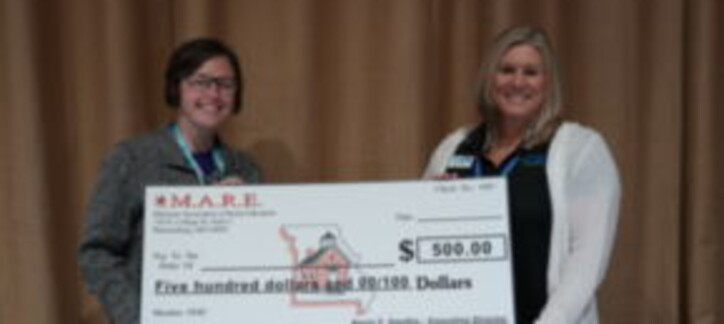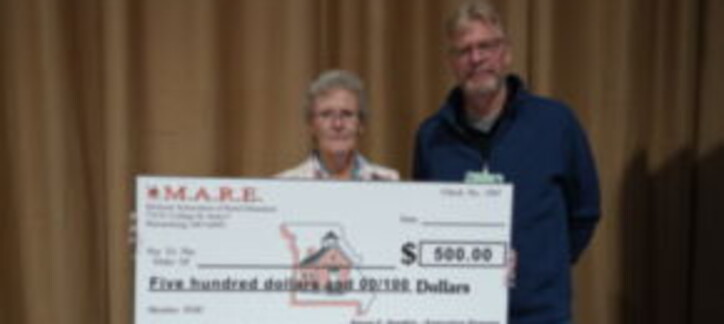The Fordland R-3 School District is currently seeking qualified applicants for the position of Superintendent of Schools for the 2026-27 school year. The Fordland School District has 640 PK-12 students and is located 20 minutes east of Springfield, Missouri. The ideal candidate should be capable of being a team member willing to work hard to help increase academic achievement, be energetic, and continue the vision of the Fordland R-3 School District.
Dates
- Applications must be received by January 2
- Contract Begins: July 1, 2026
Interested applicants should submit the following documentation on the Fordland R-3 School District jobs website: letter of interest, resume, transcript, three letters of reference, copy of certificate(s), and completed online Fordland application. Any questions need to be directed to Dr. Stephanie Vickers, Superintendent of Schools, at 417-767-2298 or stephanievickers@fordlandschools.org.
Qualifications
Education: Specialist's Degree in Educational Administration
Certification: Valid Missouri Superintendent's Certification
Experience: Three (3) years of previous administrative and/or supervisory experience
Salary/Benefits Information
- Negotiable with Multiple-Year Contract, Sick/Personal Days, Vacation Days, Health/Life Insurance.
Other Requirements
Clearance on background check that is satisfactory to the Board of Education
Possess positive character traits that are student-centered. Possess the ability to interact and communicate effectively with others.
To perform this job successfully, an individual must be able to perform each essential duty satisfactorily. The requirements listed below are representative of the knowledge, skills, and abilities required. Reasonable accommodations may be made to enable individuals with disabilities to perform essential functions.
Essential Functions
- Assume responsibility as the representative of the Board and the channel through which all directives from the Board to the staff or students shall be communicated.
- Execute all decisions made by the Board concerning the internal operation of the school district.
- Assume responsibility for the delegation of responsibility and authority for the operation of the various functions of the district.
- Supervise district administration and, through them, all personnel of the district.
- Serve as the official representative of the Board of Education with the Missouri State Board of Education and other agencies.
- Carry out all policies, rules, and regulations adopted by the Board.
- Prepare and submit the annual budget to the Board of Education.
- Within all limits as approved by the Board of Education, approve and direct all purchases and expenditures for the district.
- Oversee the formulation and recommendation of all school district policies and implementation.
- Formulate and administer a program of supervision for the school, with the duties and responsibilities delegated to the respective district administration.
- Oversee the preparation of monthly financial reports.
- Provide instructional leadership for the educational program of the schools, and keep the Board continuously informed on the progress and condition of the school system.
- Direct the development of plans (to include short/long range plans) for maintenance, improvement, or expansion of buildings and site facilities needed to provide an adequate educational program.
- Inform the community about school matters, and serve as a representative of the schools before the public.
- Participate in professional growth activities: attend relevant state and local professional development workshops and conferences.
- Be involved with appropriate civic organizations/activities.
The physical demands described here are representative of those that must be met by an employee to successfully perform the essential functions of this job. Reasonable accommodations may be made to enable individuals with disabilities to perform essential functions.
Physical Demands
The individual who holds this position is regularly required to walk, hear, and speak, and must have close, moderate, and distance vision ability. This individual must be able to travel between district facilities. The position requires a moderate amount of travel, both in and out of state.
Attendance
Regular and consistent attendance is an essential function of this position.
The work conditions and environment described here are representative of those that an employee encounters while performing the essential functions of this job. Reasonable accommodations may be made to enable individuals with disabilities to perform essential functions.
Conditions and Environment
The work environment is consistent with a typical office environment. Rarely, an individual who holds this position must work outside in rain and snow and temperatures above 100 degrees and below freezing.
Evaluation of Performance and Employment
The Superintendent will be considered for re-hire at the regular January meeting of the Board of Education, at which time the term and length of contract, along with salary, may be set.
Length of Contract Type of Position
12 months Exempt
As a political subdivision, employer, recipient of federal funds, and educational institution, the Board of Education is prohibited from, and hereby declares a policy against engaging in unlawful discrimination, including harassment creating a hostile environment, on the basis of race, color, sex, national origin, ancestry, disability, age, or use of leave protected by the Family and Medical Leave Act, in its programs, activities, and with regard to employment. The Board is an equal opportunity employer.

